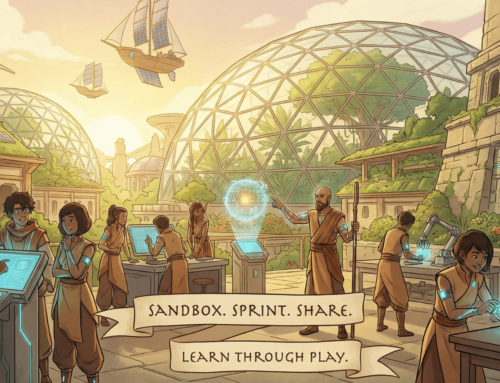You strike up a conversation with a guy at a coffee shop. It’s a good chat. You’ve made an acquaintance. Congratulations!
At this point in the new relationship, how comfortable are you with asking him to borrow his car?
How about inviting yourself over to his house for dinner that evening?
Awkward silence, right?
If you’re wondering how to get referrals fast from your new customers, you are doing the same thing. You put your customers into an uncomfortable position because you haven’t earned anything yet… much less a contact from their network, a network which they have spent their entire career building (and guarding).
Asking for referrals from new customers can harm the budding relationship by making you look like a taker. Even if they do give you a name and phone number of a lead, it’s often a low quality contact, just to be rid of your request.
Good referrals, just like trust, are to be earned.
Who determines when you have earned them? Your customers.
But this doesn’t mean that you are helpless to get referrals. You just have to do it the proper way.
Referrals flow naturally and voluntarily via word-of-mouth recognition of excellence and valued service. You’re goal then, should be to WOW! your customer by making such a dramatic difference in their business that they think to themselves, “What can I do (beyond payment) to say thank you?”
Before I show you the 5-step formula for earning more referrals, make sure you always follow these three referral rules:
1. Referrals Come From People Who Are Impressed By What You Do.
It enhances anyone’s reputation to refer someone that’s really good at what they do. People like referring good people. Your expertise, your friendliness, or your character are all avenues to make an impression with someone. – When someone is happy, and gives you a compliment about your product or service, that is your cue to begin the referral conversation. Ask before they are happy (or impressed) and you’ll only get an awkward silence.
2. Help Solve Someone’s Problem.
You don’t want to sell business. You want to solve problems. People will not give away their mother-in-law’s cell phone number just to help you sell more of your stuff. If you can solve her problem, though, you’re getting the referral. – Don’t ask people who they know. Ask for problems they know about.
3. Ask About A Specific Buyer Persona.
Describe the specific type of person (the buyer persona) that you want to help, and describe the problem that you can solve. Massage therapists, for example, can work on anyone with a body. (“Who do you know that has a body?” isn’t a question that gets you phone numbers.) People won’t refer your services to everyone and anyone; ask for types of people to get them thinking. “I work with pregnant women experiencing low back pain, to help them handle the changes in their skeletal structure painlessly.” This implies the question, “Do you know anybody who is pregnant?” without actually needing to ask it. By getting specific, your referral business will grow much more quickly.
Easy 5-Step Formula: How To Generate More Referrals
- Wait until someone expresses satisfaction with who you are, or what you do.
- Say, “I’m glad I was able to help you. If you know anyone else I can help, please pass my name along.” Hand over an extra business card.
- Describe the type of person (the buyer persona) you are looking for.
- Describe the problem that you can solve.
- Ask, “Do you know anyone like that?”
If people are still acting uncomfortable when you apply this ask yourself which one of the 3 rules above you are violating.
If you’re good at what you do, people know it.
They know other people that you can help, too.
Follow this formula, and you can generate referrals, instead of begging for them.





The opening analogy is a good one. I think we live in a more and more impatient world, but patience matters.
I like the idea to be very specific in describing your imagined/intended buyer, especially when asking someone for a referral. People get overwhelmed by requests that are too general (“So here’s my card–do you know anyone???”). If you give someone a more concrete picture, it’s easier for that person to think about people who might just fit that picture.
Exactly. If we ask an open-ended question, we get a vague answer. If we ask about a specific persona, it gives the mind something to search for.